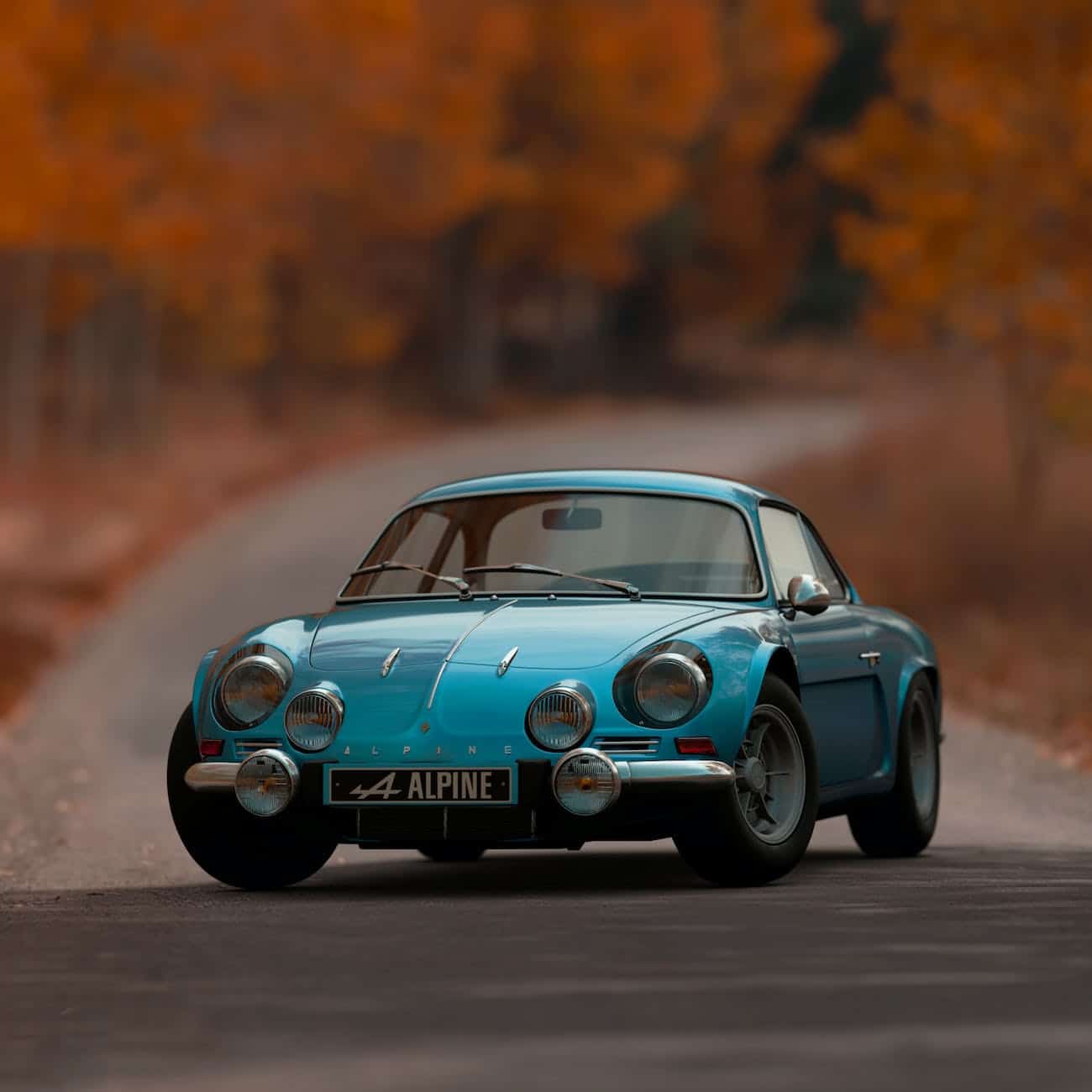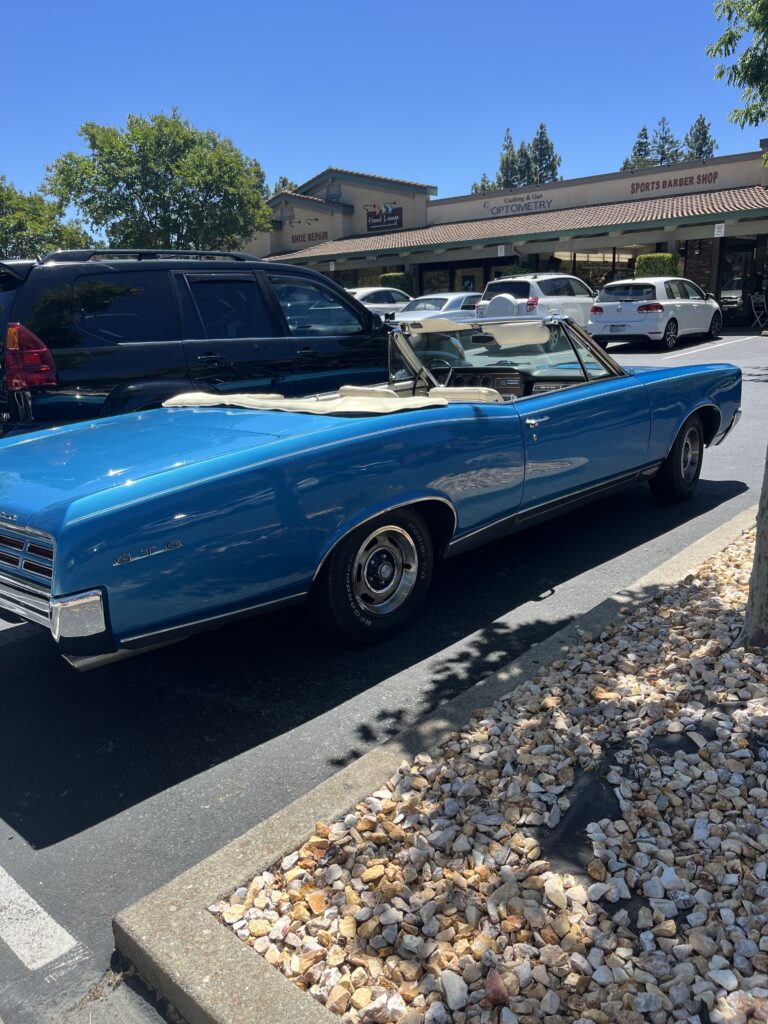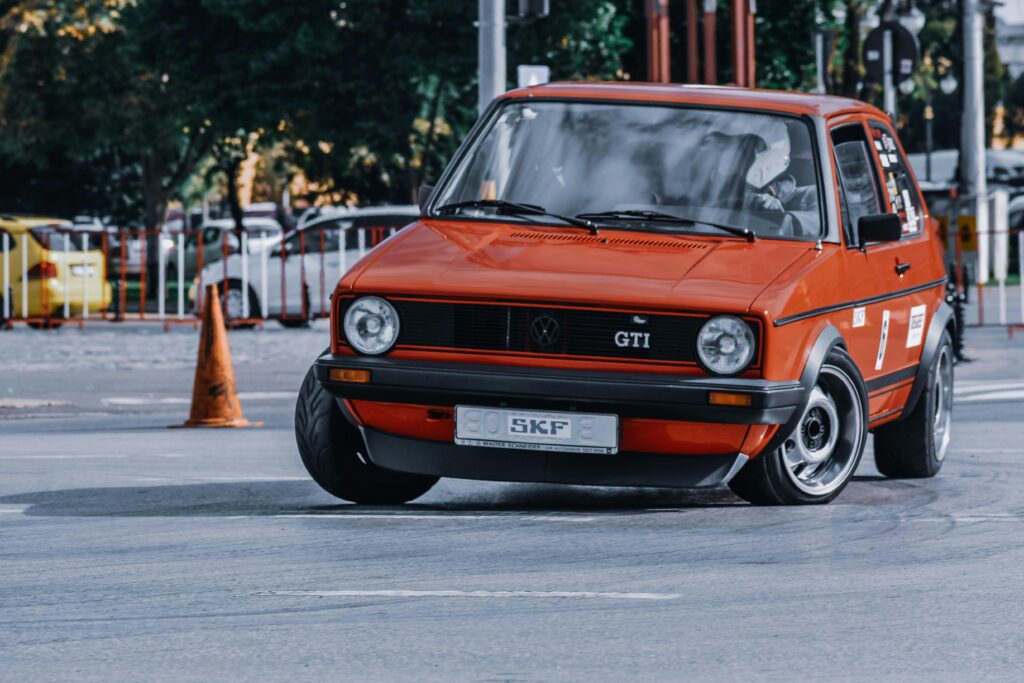
Table of contents
Introduction
Classic cars hold a special place in the hearts of automotive enthusiasts and collectors. Their timeless designs, historical significance, and nostalgic appeal make them sought-after treasures. However, buying a classic car can be a challenging endeavor. To help you navigate this exciting but complex process, we at PowerShift Auto have compiled the essential tips to consider before making your purchase. Whether you are a seasoned collector or a novice enthusiast, these guidelines will ensure you make an informed decision while preserving automotive history.

Classic Car Research
Before embarking on your journey, immerse yourself in thorough research. Understand the specific make, model, and era that captivate your interest. Familiarize yourself with production numbers, original specifications, and historical value. Join online forums, engage with experienced collectors, and read books or articles on classic car ownership. This knowledge will empower you to make informed decisions during the purchasing process.
Decide on how old of a vehicle you are looking for, as the older the car gets the more likely there will be issues to navigate. While cars generally were less complex in the 20th century, age and level of care during ownership can really take a toll on the body, frame, and mechanical components.
Establish A Budget, then Add A Bit More
Set a realistic budget for purchasing and restoring a classic car. Classic cars can range in price from affordable to exorbitant, depending on their rarity and condition. Consider not only the initial purchase cost but also future expenses such as restoration, maintenance, insurance, and storage. Be prepared for unforeseen expenses that may arise during the restoration process, as they are often an inherent part of owning a classic car. My advice: Add about twenty percent more to your established budget because you never know what will happen.
Inspecting a Classic Car
When buying a classic car, it’s crucial to inspect it meticulously. If possible, personally inspect the vehicle or enlist the help of a qualified mechanic or classic car expert. Signs of rust, previous accidents, and extensive repairs should be the first concern during the inspection. Evaluate the car’s overall condition and take note of missing or non-original parts.
Documented History
A classic car’s history and documentation play a vital role in determining the authenticity and value. If the resale value is not a concern for you, the documentation is nice to at least know what to expect with future costs of repairs. Ask for maintenance records, ownership history, and any available documentation related to the car’s restoration or repairs. Verify the car’s identification numbers against its documentation to ensure consistency. A well-documented vehicle will not only enhance its value but also provide insight into its journey over the years.
Rarity
One of the key factors that contribute to a classic car’s value is its rarity. Seeking out vehicles close to original factory condition can provide an awesome experience, but can come at an extra cost. Research production numbers to gauge the car’s rarity, as limited production runs tend to command higher prices. Heavily modified or customized cars can be a turn-off unless original condition is not a factor for your purchase.
Knowing what models are less desirable can be useful because if you are looking at modifying a car, it may be a cheaper price point for the less rare trim package. Whether you are looking at restoring the car to “day one” condition or want a classic car to modify, knowing the rarity will help negotiate your price point and fit into your budget.
Join a Classic Car Community
Building connections within the classic car community can be invaluable. Attend car shows, join clubs, or participate in online forums dedicated to the cars you are looking into. Engaging with fellow enthusiasts will offer you insights, advice, and potential leads on buying opportunities. For me, I found Team Chevelles. Team Chevelles has years of experience amongst its membership that has aided me immensely. Overall, it is an awesome community of Chevelle lovers worldwide.
Often, these communities also provide help with building the car and tracking down the right parts you need. These connections will not only enhance your classic car ownership experience, but also provide ongoing support and camaraderie.

Frequently Asked Questions
#1 Where Do You Buy Classic Cars?
Fortunately, finding classic cars on the market is not as hard as you’d think. Websites like Hemmings have marketplaces dedicated to classic cars. Facebook marketplace and Craigslist yield tons of classic cars being sold daily. Lastly, go to bigger car shows like Goodguys where there are people looking to sell their rides to classic car enthusiasts.
#2 Stef, How Would You Go About Buying A Classic Car?
For me, I would go for the ones that you can tell are being driven and enjoyed by the owner. Classic cars that sit in a garage are red flags to me as the owner can’t speak to any of the problems it may have. When I find one I want to see, I will go with one of my mechanic friends to have another set of eyes on it. Thoroughly inspect the vehicle, especially the underside. Lastly, I would only buy the car the owner does not really want to sell. If an owner seems very quick to sell the car, chances are it is a money pit they are trying to pawn off on you.
Conclusion
Buying a classic car is an exciting and rewarding endeavor, allowing you to own a piece of automotive history. By following these essential tips, you’ll be better equipped to make an informed decision, ensuring your classic car brings joy for years to come. Remember to conduct thorough research, set a budget, inspect the car meticulously, and arm yourself with the knowledge of the car.
Want to have your vehicle featured on our website? Contact us on our website, Pinterest, or Instagram!

Keep up with the latest articles, content, and special offerings by signing up for our email newsletter!
